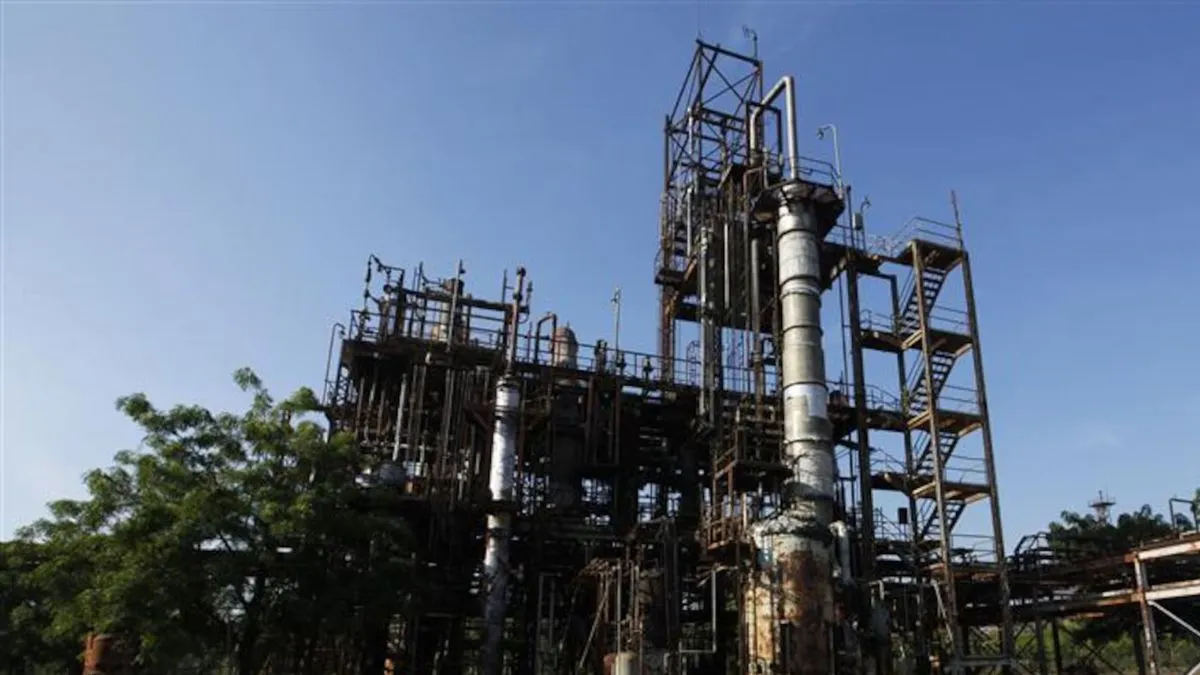- By Imran Zafar
- Tue, 03 Dec 2024 09:53 AM (IST)
- Source:JND
Bhopal Gas Tragedy Anniversary: The night of December 2-3, 1984, became a nightmare for Bhopal, as a toxic gas leak from Union Carbide's factory engulfed the city. Methyl isocyanate (MIC) escaped from tank number 610, transforming Bhopal into a mass crematorium. Over 5,00,000 people were exposed to the deadly gas, leaving thousands dead or critically injured in its wake.
Immediate Impact
Terrified residents woke up gasping for air, collapsing in the streets as they tried to flee. Others ran for miles, desperately seeking refuge from the poisonous cloud. Eight hours later, the gas dissipated, but the devastation was clear. Hospitals were overwhelmed, with no space in mortuaries for the mounting bodies. Official records state 3,787 people died, but NGOs estimate the death toll exceeds 25,000.
Unfulfilled Promises And Lingering Effects
Despite government assurances, many promises to the victims remain unmet. Experts had warned that the gas could affect future generations, though Union Carbide denied this in court. Yet, the birth of disabled children in subsequent years confirmed the dire predictions. According to the Chingari Trust, 197 children born in the past three years in affected families have disabilities, highlighting the ongoing health crisis.
ALSO READ: Kerala Car Crash: Five MBBS Students Killed In Alappuzha KSRTC Bus And Car Collision, Two Injured
Pensions For Widows: A Broken Pledge
The government had promised pensions to 5,000 widows of those who died in the disaster. Although a pension scheme was eventually launched after a prolonged claims process, many widows remain excluded and the actual number of beneficiaries is believed to be far lower.
Healthcare And Rehabilitation Efforts
Initially, the government established six hospitals and nine dispensaries under the Bhopal Gas Tragedy Relief and Rehabilitation Department. Over time, these facilities became symbolic gestures rather than effective support. Today, gas victims can access treatment under the Ayushman Bharat Niramayam scheme, but many still lack access to adequate care.
ALSO READ: Jammu And Kashmir: Encounter Breaks Out Between Security Forces, Terrorists In Srinagar
Compensation And Disposal of Toxic Waste
Victims suffering from cancer and kidney ailments due to the gas leak were promised compensation. However, the government categorized their suffering as "partial loss," offering only Rs 25,000. Activists are now demanding Rs 5 lakh and a petition has been filed in the Supreme Court to address this issue.
The toxic waste at the Union Carbide site remains untreated, posing an ongoing threat. Despite Rs 123 crore allocated for its disposal, the hazardous materials continue to contaminate local soil and water, increasing health risks for nearby residents.


